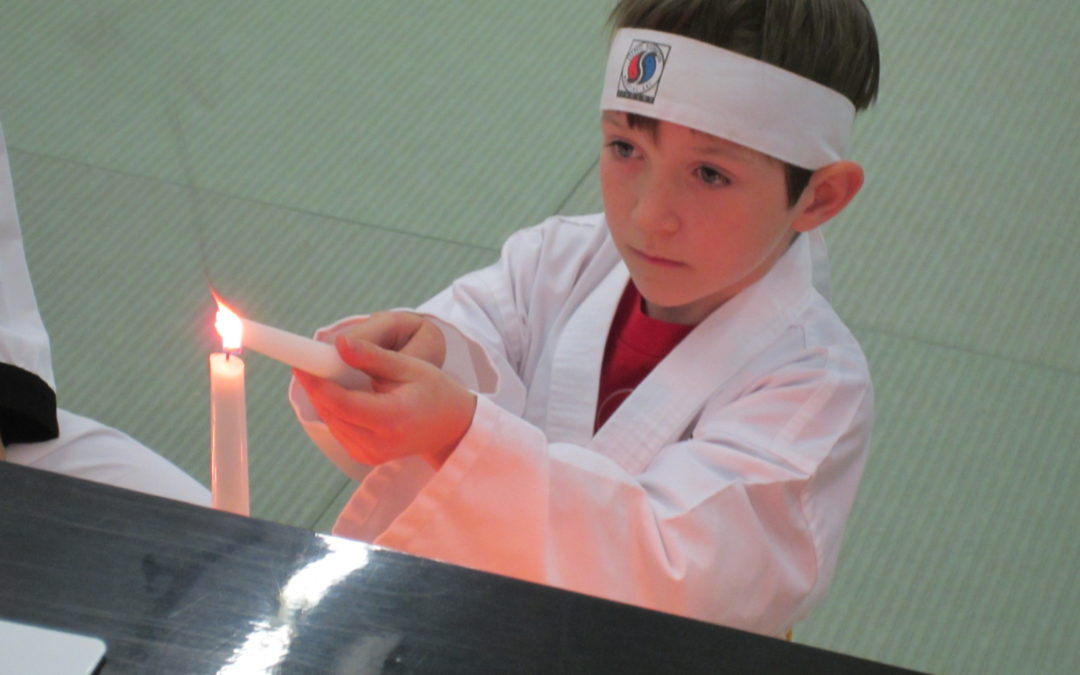Isn’t it interesting that the name given to our beginning is “conception”? We were “conceived” by our parents. And truly, from the day we were born, we have been in the business of forming concepts about ourselves.
Perhaps one of the first concepts you formed was that you were dependent. All the care, nourishment, and visibility you received came from outside yourself, from your immediate environment, most likely first from your parents, and then from school, work, and social environments. Because of your dependency as a small child, the persons first responsible for your care began to shape your identity according to their beliefs and expectations. How? Primarily by telling you what was “good” and what was “bad.” Many things they taught benefited you. As a young dependent child, it was usually in your best interests to learn from the people who were taking care of you. Most often, they had your best interests at heart. But many things you took as fact were only opinions.
Some of your behaviors were biologically programmed. No one had to teach you to cry, to smile, to laugh, feel hunger and thirst, or pain and pleasure. But even these automatic behaviors were subject to the pressures of approval and disapproval by authority figures, so that possibly you soon learned to hide, avoid, or distort natural impulses, impulses that were designed to help you know yourself.
Because of your dependency in your formative years, the pressure to conform to group standards outside yourself, whether in the family, school, or society at large, was enormous. As a child you couldn’t alienate the people who were responsible for your physical and emotional survival, so you went along with them the best you could. Perhaps you resisted certain concepts about yourself along the way, but for the most part, you accepted what others had to say about you. And you acted accordingly. Why shouldn’t you? “They” probably had the best intentions. Conformity was meant to be a good thing, something that would allow you to adjust and get along with the world with minimum conflict.
As you continued to interact with your environment, you learned how to act to avoid conflict, to avoid the displeasure of authority figures, and to secure praise and pleasure. You may have learned that the path of least resistance was to do what was expected of you, do what you were told, not be too different, and not to argue with the system. Notice that although the system was designed to give you a share of safety and security, it did not guarantee happiness, or fulfillment, or freedom — or any of the things that make life truly worth living.
By the time you reach the point where you are ready to depend only on yourself, you are not automatically free from those prior influences. The programming is usually set.
The person you are is the person they taught you to be.
– I remember when this realization came to me. I thought, who is the real me? How do I get in touch with my deeper self? Great Grandmaster Tae Yun Kim’s teachings are very deep and thought provoking. I wanted the answer to the question, “Who am I really?” The art of Jung SuWon Martial Arts can help you to discover your strengths and weaknesses, and to take charge of your life.
By a student of Grandmaster Tae Yun Kim
Other references: Life Story, Sports, CEO of JSW, Workface, TKD Hall of Fame, The martial artist, Woman’s Summit speaker, Martial Art Demos, Biography, Dojo Review, Achievements, Special Student blog,Celebration blog, …



Recent Comments